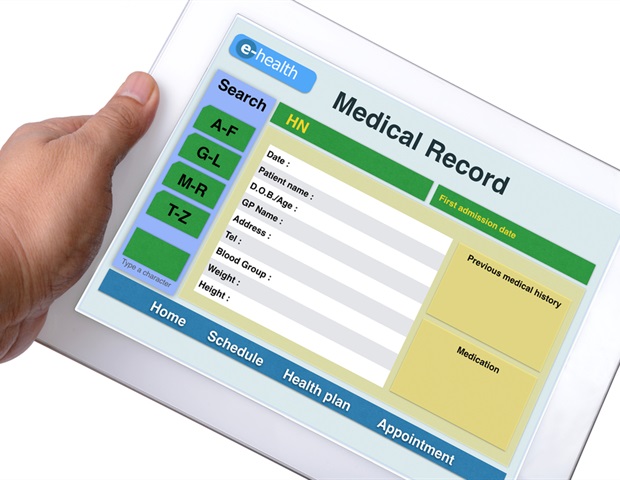New research published today in JAMA Surgery shows that when frail patients are connected to resources, including conversations with a physician about possible outcomes and help preparing their body for surgery, they are less likely to die one year after surgery.
While age can be an important indicator of a patient's likelihood of encountering adverse outcomes or complications of surgery, it does not provide a full picture of their health. Frailty considers the patient's overall well-being, including their physical and cognitive abilities, as well as their body's ability to recover from surgery.
Frailty is a particularly strong predictor of postoperative outcomes. Frailty can be thought of as having low physiologic reserve. Surgeries and other stressors can deplete this reserve, potentially leading to catastrophic outcomes like loss of independence or death."
Daniel Hall, M.D., corresponding author of the study and associate professor of surgery, University of Pittsburgh School of Medicine
The study looked at over 50,000 patients across five UPMC hospitals who were scheduled to undergo a major surgery. Before meeting their surgeons, patients completed a brief survey to assess frailty, and a medical assistant entered the score into the electronic health record. For the 1,300 patients who met the criteria to be considered frail, the record prompted the surgeon to either have another conversation with the patient about possible frailty-associated adverse outcomes of the procedure or direct the patient to other resources, such as their primary care physician or UPMC's Center for Perioperative Care.
After following these patients for a year, Hall and his team discovered that patients who were identified as frail and connected to any additional resources were 18% less likely to die one year after their surgery.
One explanation for this reduction in risk is that patients took advantage of these resources to make healthy lifestyle changes, such as managing their weight or quitting smoking. Another explanation is that some patients who discussed possible adverse outcomes with a physician may have chosen not to proceed with their surgery.
"As clinicians, we sometimes make the general assumption that that which can be done, should be done," Hall said. "By discussing the possible adverse outcomes with their doctor, patients may choose a nonoperative management strategy to get their condition under control without the possible risks of surgery. This intervention allows for better goal clarification, better alignment of treatment plans with patient goals and better shared decision-making."
Further studies are needed to determine which interventions have the biggest impact on patient outcomes, as well as how to adapt these screenings to other practice settings.
University of Pittsburgh
Varley, P.R., et al. (2023) Association of Routine Preoperative Frailty Assessment With 1-Year Postoperative Mortality. JAMA Surgery. doi.org/10.1001/jamasurg.2022.8341.
Posted in: Medical Procedure News | Medical Research News | Healthcare News
Tags: Doctor, Education, Electronic Health Record, Health Care, Healthy Lifestyle, Medicine, Perioperative, Primary Care, Public Health, Research, Smoking, Surgery, Technology
Source: Read Full Article
